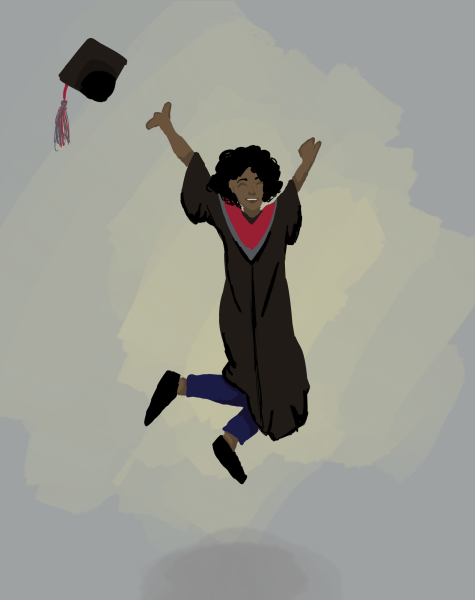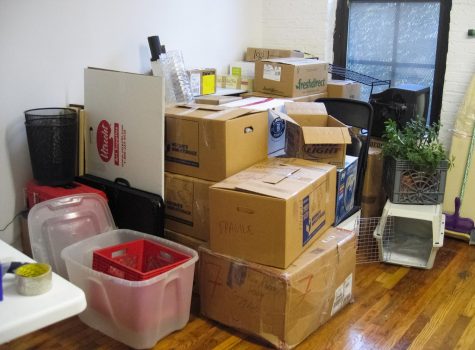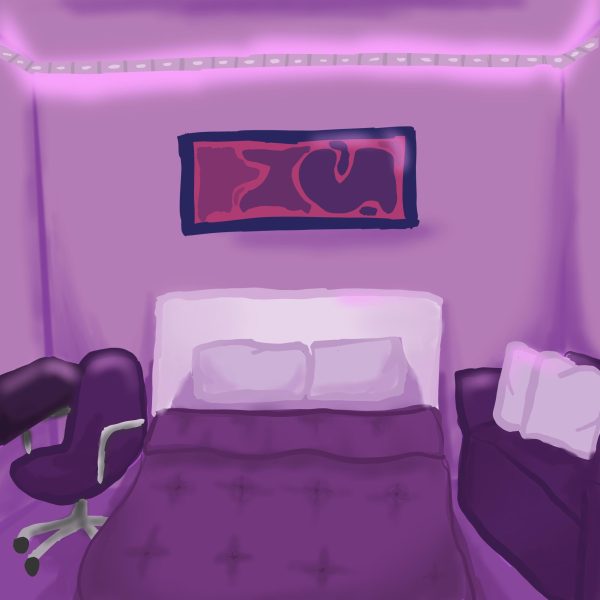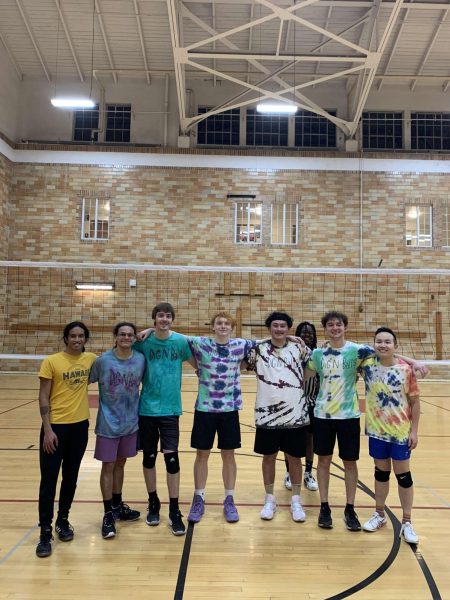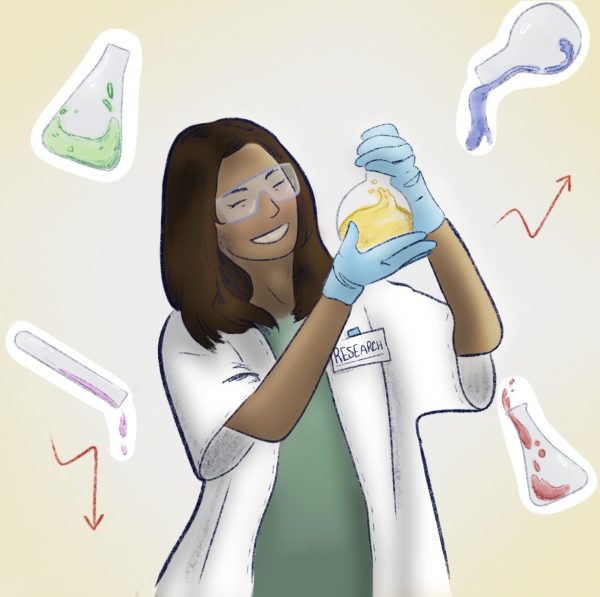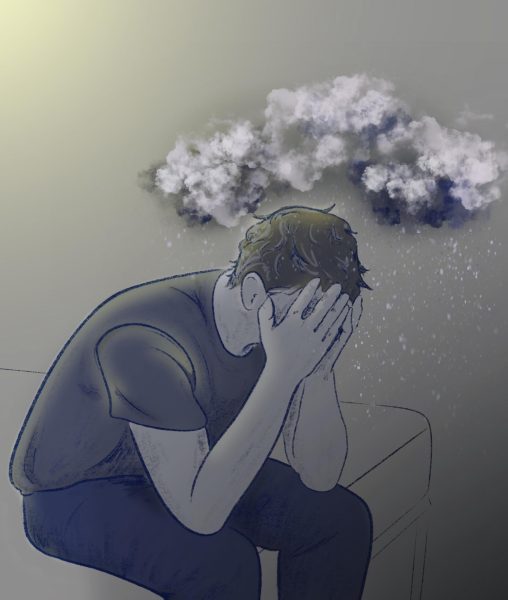No English, no problem
September 16, 2015
先週、私は英語を話せませんでした。とても変だったけど, 楽しかったでした!
If you could understand the above statement, you’d understand what I went through for three weeks.
This year, I decided to participate in a dual language immersion class through the Intensive American Language Center. The course required me to speak with visiting Japanese students and do my best to only speak Japanese.
So, armed with two mini dictionaries and six years of Japanese language classes, I marched into the Kruegel classroom every evening from 4:30 – 7:15 p.m.
I don’t know if you know this, but Japanese is a hard language to learn. There are two different ways to write the alphabet and all those other characters to memorize, along with formal and casual ways to say things. It’s enough to make your head spin, and yet I have stuck with it since high school.
Even with all those classes and a trip to Tokyo, I was still afraid to say something incorrectly. I did my best, and I did mess up now and then, but the whole point of the course was to speak, listen and learn.
The classes didn’t involve essays or tests, but rather everyone participated in games that helped us improve our language skills. There were about a dozen WSU students along with two dozen Japanese students, and a Japanese professor and an American professor taught us.
Some of the popular games included mock job interviews and board games that provided us with scenarios to practice speaking – I can’t tell you how hard it is to explain Red Cross training and CPR certification in Japanese.
Explaining simple English words became the real challenge. Imagine trying to teach someone what “duh” means or how to differ between “made of” and “made from.” We all learned how to use those words at a young age; it’s normal for us. But trying to explain it to a non-native speaker really makes you think about how those words are used.
Aside from the conversation courses, the students went on various excursions around the Palouse. We went to the farmer’s market, Spokane, football games, the fair and several other places that gave the Japanese students a look into American culture, specifically in Eastern Washington.
Learning the culture became one of my favorite parts of the course. I loved listening to the lifestyles of the students and comparing them to my own. It’s kind of pointless to study a foreign language if you don’t look at the culture of the country.
The other students even introduced the Japanese kids to unique American foods like elephant ears and huckleberry ice cream. It’s almost amusing to see a Japanese student’s amazed reaction to something we see in our everyday lives. I had a similar experience when I went to Japan. To see something so different can be quite incredible.
I ended up leaving the course with three pages’ worth of Japanese notes and a slew of new friends. I was sad to see them go, but now I feel my language skills have greatly improved because I was forced to use them more often.








